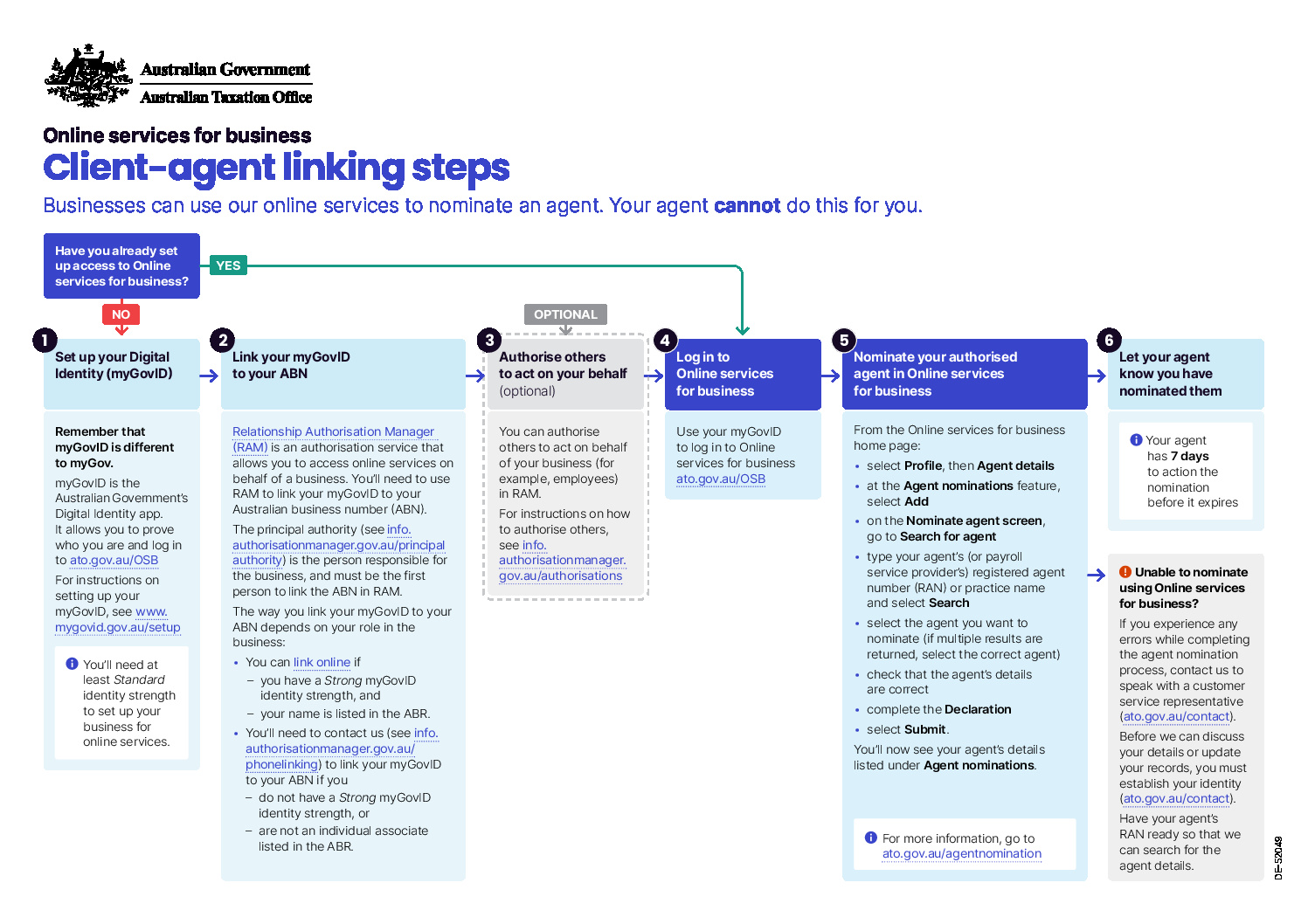Last few months, I have been challenged to stay composed. Between work commitments, trying to buy a house, studying my Master of Marketing and my little guy hitting terrible twos (a few months earlier than expected), I am feeling a little pressure from life. I started looking into ways to stay composed and at what I am doing currently that has helped me stay composed. Now, I am no Psychologist or expert in the field, however, I do know what is working for me and others out there.
I have listed below 5 great techniques and ways that I found has helped me and others stay calm.
1. Develop a coping strategy.
An emergency may require you to put in extra hours at the office or spend weekends working from home. If you remain in an extended state of stress, you may cause long-term damage to your wellbeing and undermine your capability to make rational, informed decisions.
To cope better, develop a little ritual. Perhaps you’ll choose to meditate in the morning, take regular strolls, listen to a motivational speech or bust through a spin class. These short breaks may increase your stamina, awareness and productivity. You will then feel more empowered to handle a challenging situation.
For me: I go for a walk every morning with my family. He loves it and it gives me and my wife time to just chat. Then during the day, I will take short breaks between tasks and get some fresh air.
2. Focus on the outcome.
Among the worst things you can do in a stressful moment is react. Yet that is what most people do. Acting on a particular flight response in a tense situation may be more harmful then the situation itself. Like the old saying goes, you can’t see the forest for the trees.
If you take a moment to focus on the outcome or maybe the bigger picture, you allow space for yourself to make a decision from a higher perspective. That bigger picture point of view helps you frame just how your decision will guide you toward the desired outcome. Always push for some time to think when confronted with a challenging situation. Simply saying “Let me have some time to think about it and I’ll get back to you”, could save you a world of stress.
For me: I go back to the why. Why something is happening, why I am doing something or why I am about to do something. This is a quick way for me to see the bigger picture and prioritise.
3. Work out or get moving.
We all know it! Physical movement is a great diffuѕеr of ѕtrеѕѕ, anxiety and even anger. All of those conditions are common during hard times and strong minded people appreciate that by working out or remaining active, they can actually help themselves remain calm.
If you need to make a big decision, address a sensitive situation or perhaps you’re about to return an important phone call, try to take a walk outside before you take action. Whеnеvеr possible, preempt big decisions with some kind of physical exercise or break. The endorphins you punch up will help you become well-balanced and keep calm when it’s most needed.

4. Know your value.
Very much like being firm within your decisions, when you know the value, you take things much less personally and are likely to stay calm. When somebody tries to escalate a situation or perhaps when life gets anxious in some other way, know your worth. As a result, you can calmly carry out decisions to your own expectations whilst also acquiring respect from others. By knowing your worth, you remove any internal pressures you place on yourself – I am guilty of this. You can then focus on the external environment and recognise any future hurdles or setbacks. You will then have the ability to make more proactive decisions as a result.
5. Empathise.
Empathy means more than just listening, this means allowing yourself to step into another’s shoes. Sometimes people mistake empathy with having to take action for the other person. It is not about solving everyone’s problems. However, when you can effectively listen and empathise, your mind is more available to a calm solution, suggestion or perhaps guidance that can be truly beneficial.
Learning how to empathise will also help you stay calm because you learn to not take things personally. Episodes that might have set you off in the past become possibilities and you begin to see that generally what another person is saying is about you, is not really about you whatsoever, but rather something they’re battling to handle. That can help to dissipate tension.
For me: I try and map out (in my head or on paper…well digital paper) the situation. Who the person is, what they are feeling, why they are feeling this, where this feeling is coming from – internal and external and then how am I contributing to this feeling. From here, I get a good understanding or how to handle it.
_____
Keeping your composure is something which will help you in your professional and personal life. The successful people I admire know that remaining calm helps them get around challenges with greater relieve. There is an art to becoming cool-headed when composed situations turn into challenging ones, but like most things in life, that art is developed through experience and practice. By experience I don’t mean age – at 28, some would say I haven’t really obtained experience. I am actually referring to meaningful experience of challenging situations, regardless of age. Through these experiences and practicing techniques that work for you, you can master the art of staying composed.













